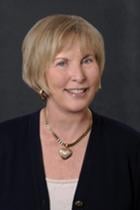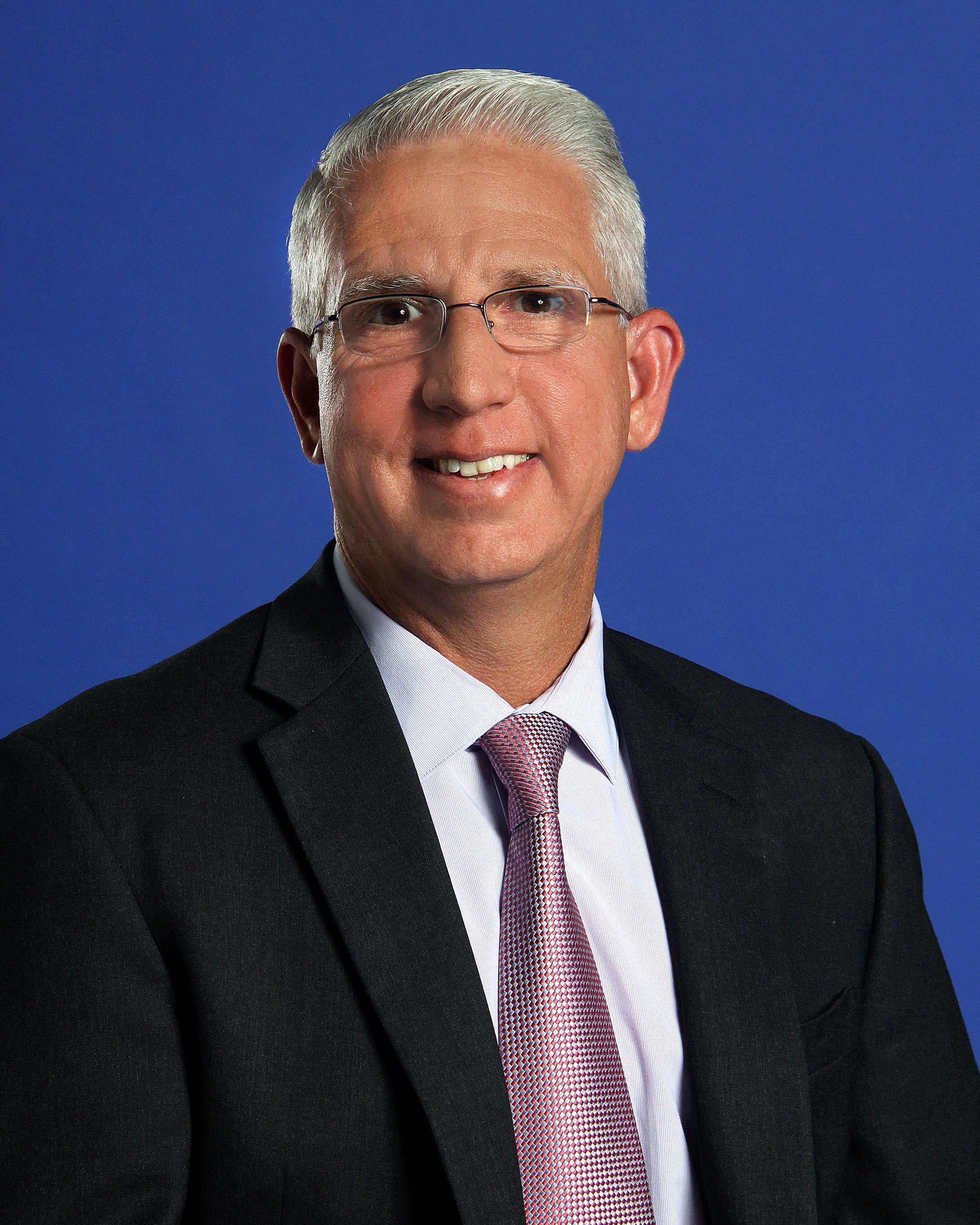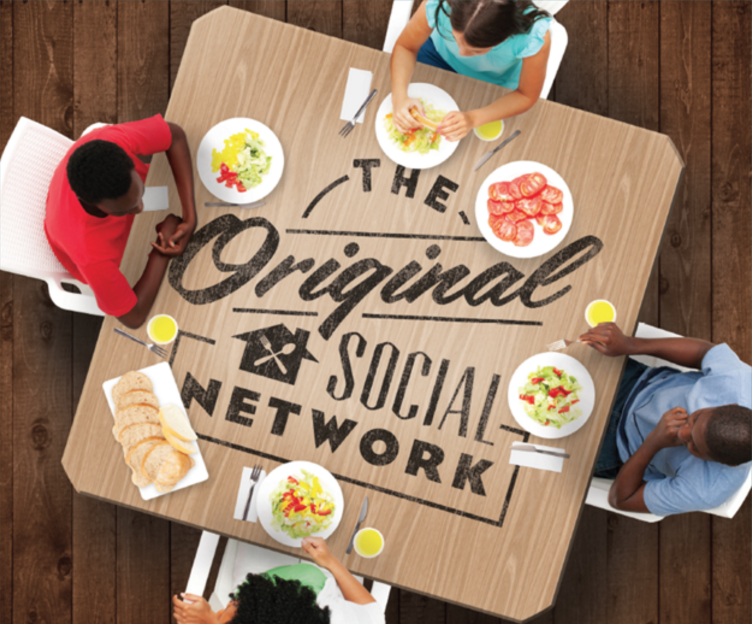Teenage drinking remains a troubling problem for parents, educators and communities in 2016. An estimated 4,300 teens die every year from alcohol, whether from excessive consumption or driving while impaired. At this time of year, concerns about underage drinking escalate—we’re in the middle of Homecoming season, which means not only getting dressed up for a dance and decorating the gym, but also high school parties afterward. And it’s not strictly Homecoming that should be on parents’ radars: Teens sometimes view fall Friday nights as “Go to the football game, then find a party.”
Nonetheless, Homecoming is the big milestone for many teens each fall, and their goal to make it memorable may unfortunately involve booze. Protecting students at this time, as well throughout the entire year, should be a priority, and one way to do so is to encourage high school parties and events without an alcohol element. Here are some tips for achieving this objective and keeping teens safe:









